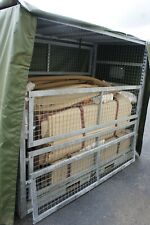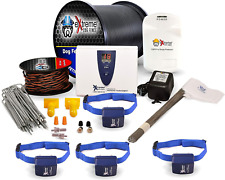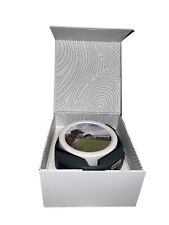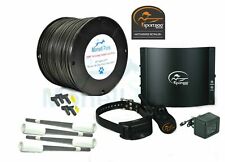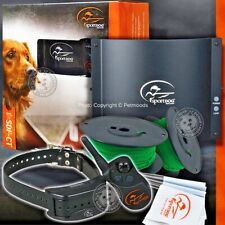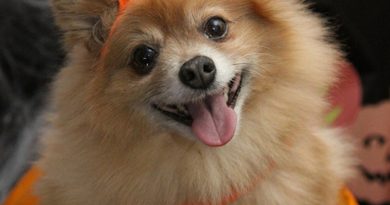Canine Foods To Avoid

1. Chocolate. This contains the alkaloid theobromine which is toxic to dogs. It also contains caffeine and may contain sugar.
2. Dairy. Dairy products include milk, cream, butter, cheese, cottage cheese, yogurt, whey, sour cream, kefir, casein, and ice cream. Milk is a hormonal growth fluid produced by a mother for her young of the same species. Dogs do not "milk" cows and, after weaning, have no need for dairy products. A weaned dog isn’t equipped with the enzymes needed to digest the protein and sugar in dairy products. Plus, studies with some animals show that casein (a protein in milk) interferes with the absorption of other nutrients.
3. Essential Oils. Dogs are very sensitive to the potent essential oils that may be used on humans. If you wish to use aromatherapy for your dog, check references for safety and always dilute them in a carrier oil. Use caution with cleaning products that contain essential oils. Also make certain your dog doesn’t get into potpourri.
4. Grapes and Raisins. These are tricky because no one is certain yet why there have been recent reports of toxicity due to grape and raisin ingestion. Until we know more, they’re best avoided.
5. Houseplants. There are too many houseplants that are toxic to name here. Some aren’t toxic but, personally, I presume one is until I find out otherwise. Let your dog know that chewing on houseplants is definitely a "no no." If you like, you can provide a pot of fresh wheatgrass for safe nibbling.
6. Onions and Garlic. Ingestion of onions and garlic are related to destruction of red blood cells. They may also irritate the gastrointestinal system. There’s still debate about the harmful effects of garlic as many people including holistic vets have used it in dogs without problem, but I do want to inform you of the potential risk.
7. Raw Salmon. Salmon poisoning is an infectious disease caused by a rickettsia that uses a parasitic fluke on salmon as a host. It can cause serious illness and death.
8. Soy. Soy is found in various forms in many products. It contains compounds that may negatively affect dogs by interfering with nutrient absorption, normal growth, thyroid function, and hormonal development.
9. Sugar. As discussed earlier, cancer cells thrive on sugar as do many other disease processes. And sugar comes in many forms, including beet, raw, brown, cane, fructose, corn sweetener, corn syrup, date, dextrin, dextrose, glucose, lactose, maltose, manitol, polydextrose, sorbital, sorghum, sucanat, sucrose, turbinado, barley malt, molasses, honey, and maple syrup. Xylitol, a sweetener made from carbohydrate should also be avoided.
10. Yeast. This is a fungus that many dogs cannot tolerate. It may cause allergic reactions, bloating, digestive and urinary problems. Different forms include brewer’s, nutritional, baker’s, torula, and primary yeasts.

